Emperor Hailing of the Jin Dynasty, Wanyan Liang: Controversy over His Posthumous Title and Historical Evaluation
In the ancient history of China, Emperor Hailing of the Jin Dynasty, Wanyan Liang, was a controversial figure. His posthumous title "Yang" was widely praised in later generations and became his epithet. However, why is the posthumous title beneficial? Was he really so bad? This article will explore this issue.

First, a posthumous title is a respectful title given to a deceased emperor in ancient China, usually determined by the successor after the emperor's death. For Wanyan Liang, his posthumous title "Yang" means cruelty and licentiousness. This evaluation reflects, to a certain extent, some negative behaviors during Wanyan Liang's reign. According to historical records, Wanyan Liang implemented a series of harsh political measures during his reign, leading to the decline of people's livelihood; meanwhile, he indulged in pleasures and neglected political affairs. These behaviors left him with a bad reputation in later generations.
However, when evaluating a historical figure, we cannot only view it from a negative perspective. During Wanyan Liang's reign, there were also some achievements worthy of recognition. For example, he actively promoted the Sinicization policy, strengthened centralization, and promoted national unity and development. In addition, he also attached great importance to cultural education, advocated Confucianism, and contributed to the cultural prosperity of the Jin Dynasty.
The controversy surrounding Wanyan Liang actually reflects the complexity of historical evaluation. In the long history, every figure has its bright side and dark side. For historical figures like Wanyan Liang, we cannot simply label him as a "bad person" but should view his merits and faults comprehensively.
Finally, regarding the benefits of Wanyan Liang's posthumous title, we can understand it as: by negatively evaluating him, it serves as a warning for later generations to learn from history and avoid repeating the same mistakes. At the same time, it also reminds us to view history dialectically, recognizing that everyone has advantages and disadvantages, and thus evaluating historical figures more objectively.
In conclusion, as an emperor of the Jin Dynasty, Wanyan Liang's posthumous title "Yang" reflects some of his negative behaviors to a certain extent. However, when evaluating him, we should comprehensively view his merits and faults to better understand history.
Disclaimer: The above content is sourced from the internet and the copyright belongs to the original author. If there is any infringement of your original copyright, please inform us and we will delete the relevant content as soon as possible.
Guess you like it

Why is the fiefdom of Köke Temür small? What is it related to?

Xiang Yus Inability to Retain Talent: Insights from His Personality and Decision-Making
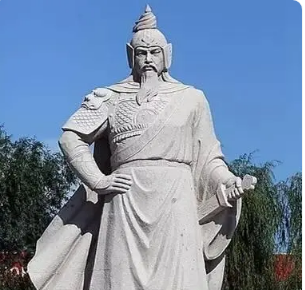
Historical Truth Inquiry: Did Qi Jiguang Really Kill His Son?
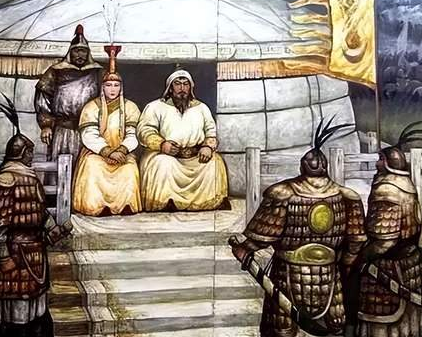
What is the biography of Khubilai Khan? What stories are there in his life?

What are the titles and positions of Kublai Khan? And how did his positions change?
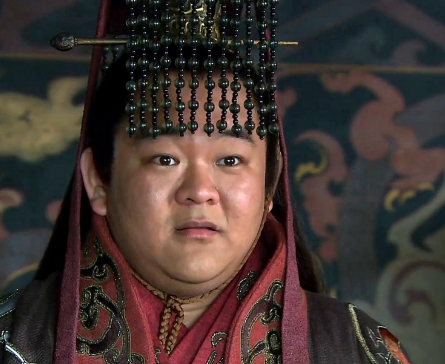
The Choice of Shus Last Emperor Liu Shan: Historical Hypotheses Behind the Surrender

The mighty generals of Jingzhou during the Three Kingdoms period: the seven brave generals under Liu Biaos command.

How favored was Kuoliejian? What was his status?
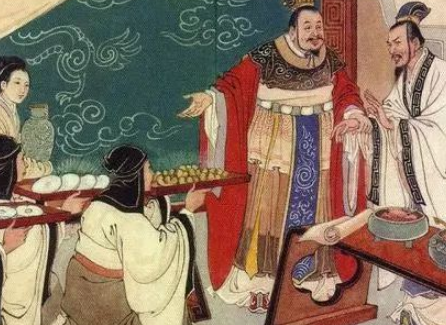
The four ministers and six high officials of the Jin Kingdom: a power struggle during the Spring and Autumn Period.
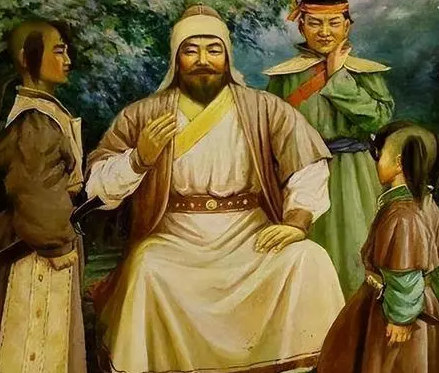
What are the family circumstances of Köketen? What is his life like?









